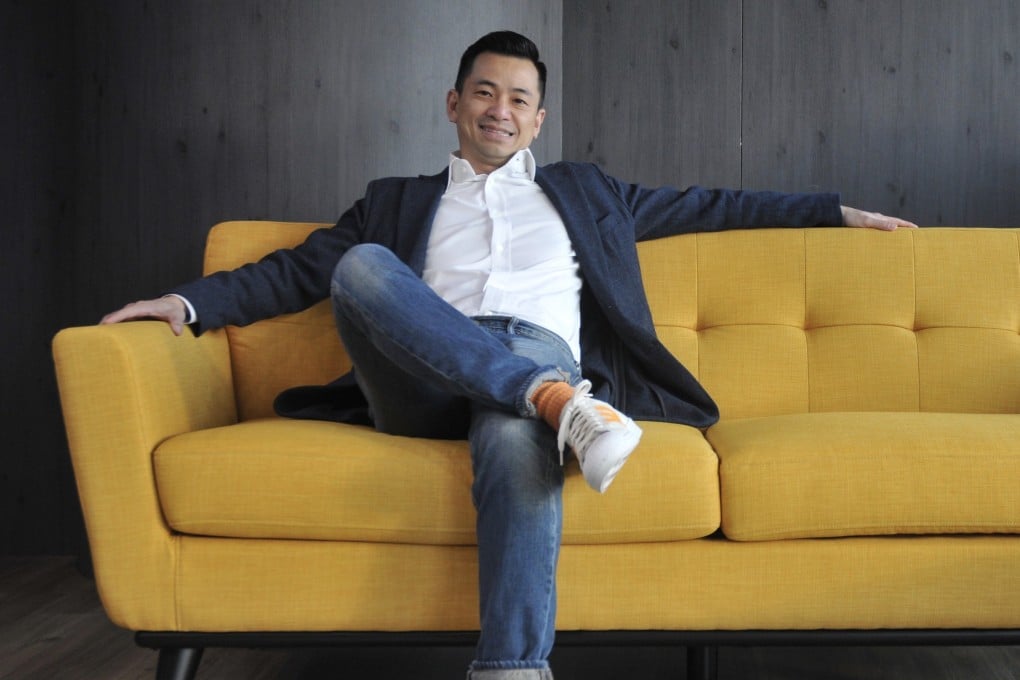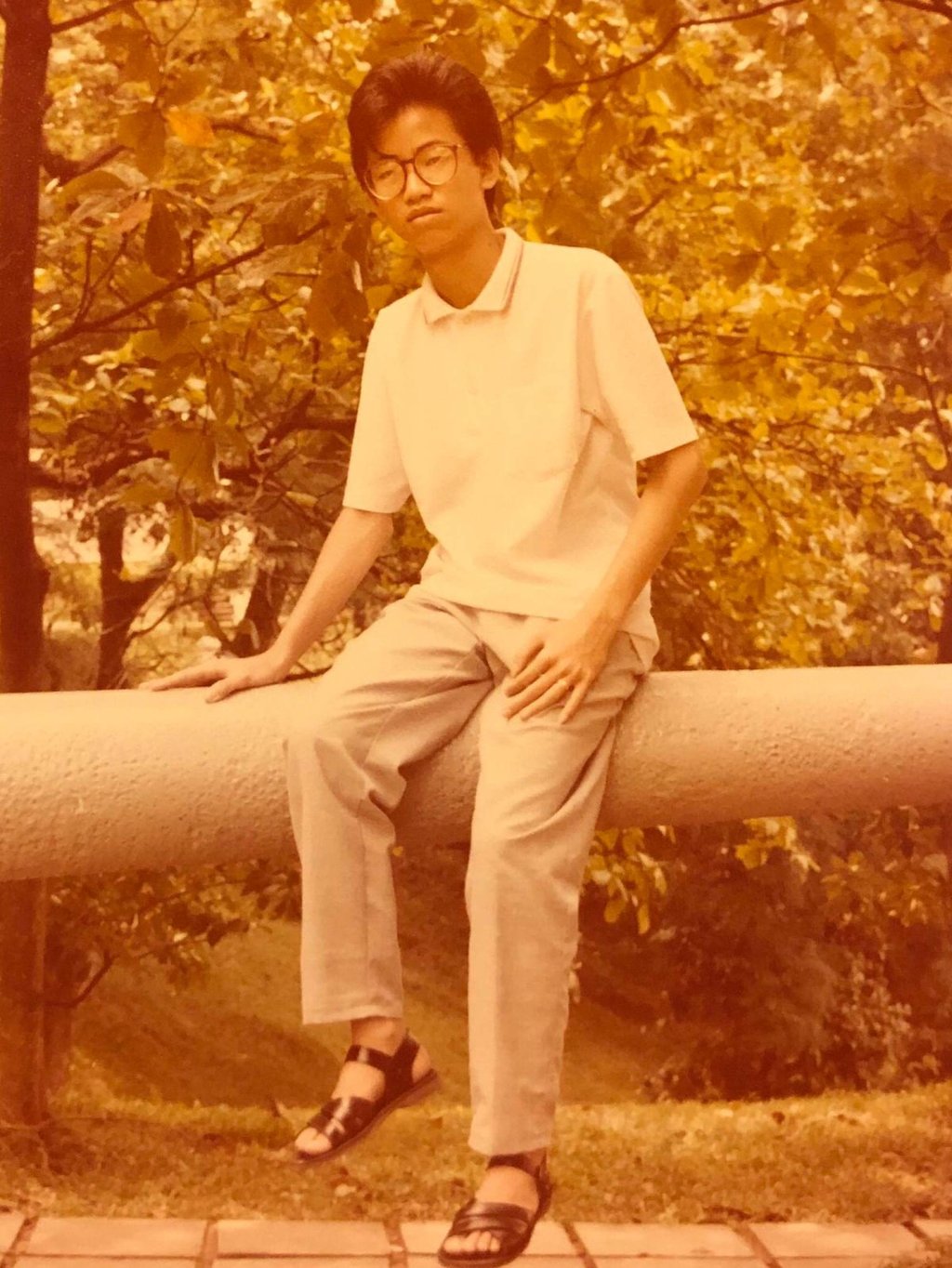Profile | How an engineering nerd with stage fright became a TedX speaker, teacher and career coach – a Singapore story of constant self-improvement
- A career hawking noodles in Singapore loomed after Eric Sim failed mathematics, English and history at school but he went on to become a banker and career coach
- ‘I never thought I’d write a book,’ he tells Kate Whitehead, explaining he turned a weakness, his poor English, into a strength – a mantra of his career lessons

I was born in Singapore in 1969. My parents weren’t educated – my mother was illiterate, she could only write her name, and my father could read a little bit of a Chinese newspaper. He was a street food vendor selling prawn noodles. He got up at 5am every day and rested only one day a year, on the first day of Chinese New Year.
As the eldest and the only son – I’ve got two younger sisters – I felt it was my duty to help him, so from the age of about 10 I helped out on the weekends and during school holidays by washing the dishes, taking orders and making sure the customers paid.
Growing up in a low-income family, the only way to get out was to study. Although I studied hard, in middle school I still failed mathematics, English literature and history. It was a disaster. My parents comforted me by telling me that if I couldn’t make it in my studies, I could take over my father’s noodle store.

Mathematics and M16s
I decided to focus on mathematics and practised every past exam paper 10 times. I did above average in the exam and that gave me the confidence to tackle the next subject, science. Once I got a little better, I was able to teach other students, because having been weak before I could understand where people struggled.